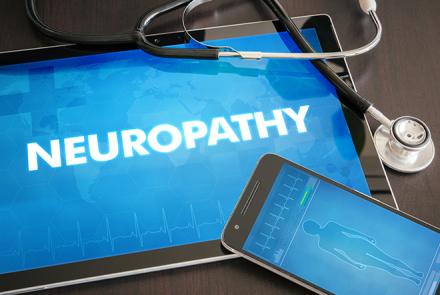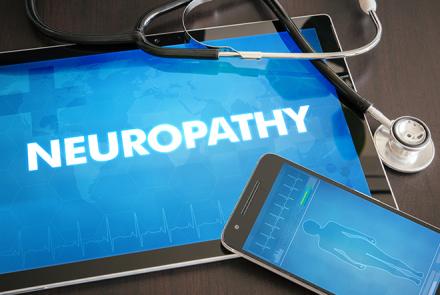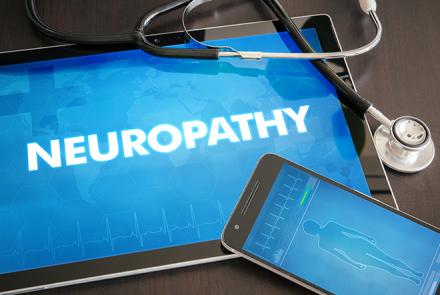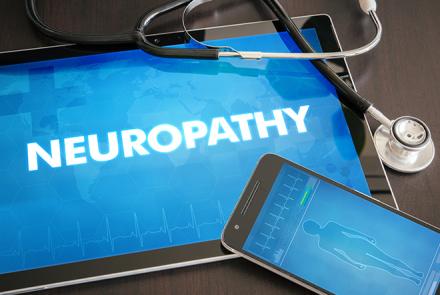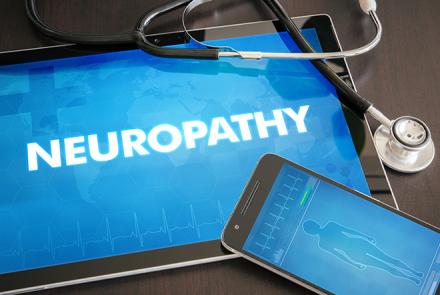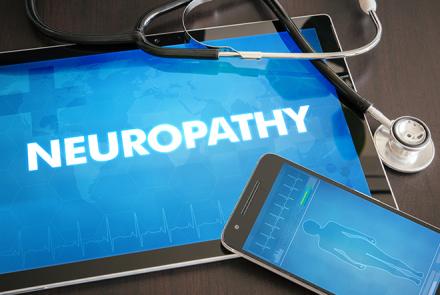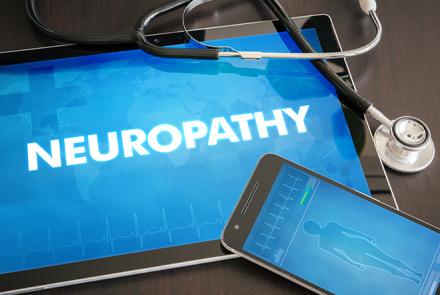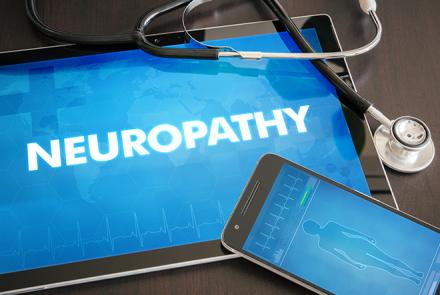A multifocal approach is required to address the symptoms and treat the cause while providing relief to the patient.
Underlying Cause: This entails detecting and treating the original cause of the neuropathy, as that can then lead to recovery by first healing the damaged nerves and regrowth of destroyed nerves. For instance if it is a complication of diabetes, regulating the blood sugar levels, losing weight and exercising morewill be the aim of treatment. For vitamin deficiency, start on B12…
Latest Stories
- Neuropathy can have a major impact on one’s quality of life, hence incorporating daily management techniques along with treatment can be very helpful. These can be: Dietary changes to include healthy well-balanced meals rich with nutrients and vitamins to fulfill any deficiencies. Quitting alcohol and tobacco use can have immense benefits for the heart, kidney and liver. Loss of excessive body weight is known to greatly improve mobility and health. Daily exercise to strengthen weak muscles is…
- A clinical examination is essential to the diagnosis of neuropathy. This will include a thorough medical history (social habits, alcohol/tobacco use, risk of infections, family history etc.), physical exam, and a neurological exam to test the reflexes of the motor and sensory nerves. If suspected of any specific diseases, a blood test may be ordered for diabetes, vitamin deficiency, liver and kidney function etc. In addition, scans such as CT or MRI may be done to investigate the cause of…
- Lifestyle changes can prevent risk factors that are likely to induce neuropathy; these include smoking and alcohol cessation, avoiding exposure to toxins, losing weight, eating healthy and correct vitamin deficiencies. If you have a known chronic kidney, systemic or autoimmune disease, make sure to keep it under check. For diabetics, tight control of blood sugar level and daily foot care can be very advantageous. Early recognition and treatment of neuropathy can slow down progression and even…
- Types and Complications of Neuropathy There are numerous types of neuropathies identified, based on the types of nerves damaged. There are 3 types of nerve fibers that can be affected and most doctors will use these terms to describe the diagnosis: Motor: these are nerves that control muscle movement e.g. walking, talking, holding etc. Sensory: these are nerves that transmit sensations e.g. pain, touch, temperature etc. Autonomic: these are nerves responsible for regulating unconscious…
- The types of nerves affected reflect the symptoms and signs experienced by the patient. Motor Sensory Autonomic Weakness Tingling Sweat excessively or not at all Cramps Numbness Difficulty swallowing Spasms Pain (shooting or stabbing) Nausea and vomiting Difficulty walking or moving Sensitivity to touch (burning sensation) Dizziness or fainting Loss of balance and coordination Difficulty sleeping due to pain Diarrhea or constipation Loss of reflexes Sensation of wearing…
- Injury is the most common cause of nerve trauma from accidents, falls, medical procedures, recurring pressureon a nerve etc. Other causes for nerve injury include slipped discs, broken bones, arthritis, carpal tunnel syndrome, ligament/tendon problems etc. Diabetes is the foremost cause of polyneuropathy seen in 60-70% of diabetic patients. Studies show that high blood sugar levels slowly damage the nerves and the blood vessels that supply the nerves with oxygen. Poor glycemic control is the…
- Neuropathy (also known as Peripheral neuropathy) is a condition wherein the nerves of the body are damaged (from injury or disease) and thus fail to function normally. This affects the communication between the nerves and the brain. It is a fairly common condition and can affect people of all ages. It is however, more common in men and the elderly, and those with a family history of inherited neuropathy. Peripheral neuropathy is not a single condition but an umbrella term for several disorders…
- Persons with Parkinson's are not just affected by motor and cognitive behaviour symptoms but also emotional difficulties. Clinical Psychologist Shanaya D’souza and Health Psychologist Shibani Khanna explain the need and benefits of seeking counselling help for the mental health issues. Parkinson’s disease is a progressive disorder which develops when the brain cells which produce the neurotransmitter dopamine begin to degenerate. Apart from the visible motor symptoms that make everyday…

